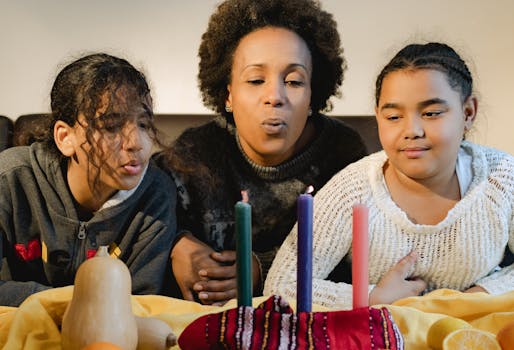
Connecting Cultures: The Story Behind Africa’s Diverse Fiber Traditions – WordPress
Connecting Cultures: The Story Behind Africa’s Diverse Fiber Traditions is an fascinating topic that has been explored by many researchers and scholars. Africa is home to a vast array of fiber traditions, each with its own unique history, cultural significance, and aesthetic appeal. From the vibrant kente cloth of Ghana to the intricate basketry of Ethiopia, these traditions not only reflect the diversity of African cultures but also play a significant role in connecting communities and preserving cultural heritage.
Introduction to African Fiber Traditions
African fiber traditions are as diverse as the continent itself, with different regions and communities developing their own distinct techniques, materials, and styles. In West Africa, for example, the Yoruba people of Nigeria are renowned for their exquisite adire cloth, which is created using a resist-dyeing technique that involves applying wax or starch to the fabric before dyeing. In East Africa, the Maasai people of Kenya and Tanzania are known for their colorful beadwork and woven baskets, which are not only beautiful but also serve as important symbols of cultural identity and spiritual significance.
The fiber traditions of Africa are not only significant for their cultural and aesthetic value but also for their role in promoting economic development and social cohesion. Many African communities rely on fiber production and textile manufacturing as a source of income, and the industry provides employment opportunities for thousands of people across the continent. Moreover, the exchange of fiber goods and techniques between different communities has long been an important aspect of African trade and cultural exchange, helping to foster cooperation, understanding, and mutual respect.
The Cultural Significance of Fiber Traditions
The cultural significance of fiber traditions in Africa cannot be overstated. In many African societies, textiles and fiber goods are not just functional items but also carry deep symbolic meaning and spiritual significance. For example, in some African cultures, certain colors, patterns, and motifs are associated with specific rituals, ceremonies, and rites of passage. The production and exchange of fiber goods are often closely tied to these cultural practices, with different communities developing their own unique traditions and customs surrounding the creation and use of textiles.
The cultural significance of fiber traditions is also reflected in the importance of traditional African dress and adornment. In many African cultures, clothing and textiles are not just a means of covering the body but also a way of expressing cultural identity, social status, and spiritual affiliation. The vibrant colors, intricate patterns, and elaborate designs that characterize African textiles are often used to convey important messages about the wearer’s cultural background, marital status, and social position.
Preserving Cultural Heritage through Fiber Traditions
Despite the many challenges facing African fiber traditions, including the impact of globalization, urbanization, and cultural homogenization, there are many efforts underway to preserve and promote these important cultural practices. In many African countries, governments, NGOs, and community organizations are working to support traditional fiber producers and textile manufacturers, providing training, resources, and market access to help them compete in the global economy.
One example of such an initiative is the African Fiber Arts project, which aims to promote and preserve the traditional fiber arts of Africa by providing training and resources to fiber artists and communities. The project also seeks to raise awareness about the cultural significance and economic importance of African fiber traditions, and to promote the use of traditional fiber goods and textiles in contemporary African fashion and design.
Conclusion
In conclusion, the fiber traditions of Africa are a rich and diverse aspect of the continent’s cultural heritage, reflecting the creativity, ingenuity, and cultural expression of African communities. By exploring and appreciating these traditions, we can gain a deeper understanding of the cultural significance and economic importance of fiber production and textile manufacturing in Africa, and work to preserve and promote these important cultural practices for future generations.


